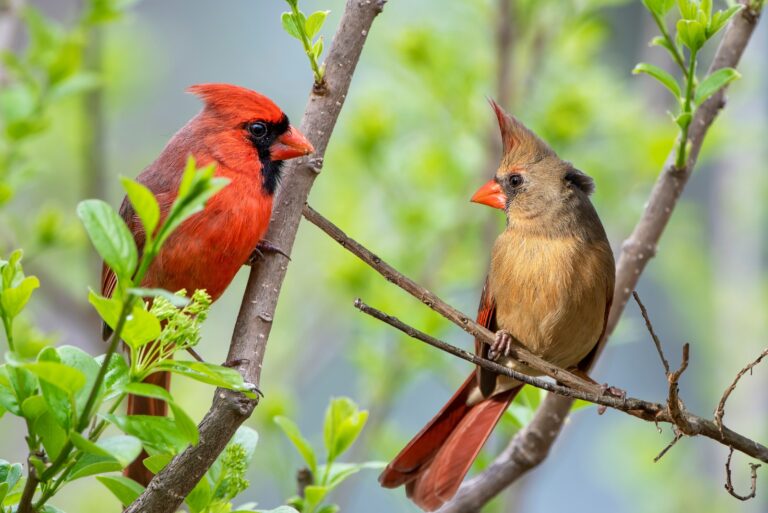11 Creatures You Can’t Legally Remove From Michigan Homes And Gardens
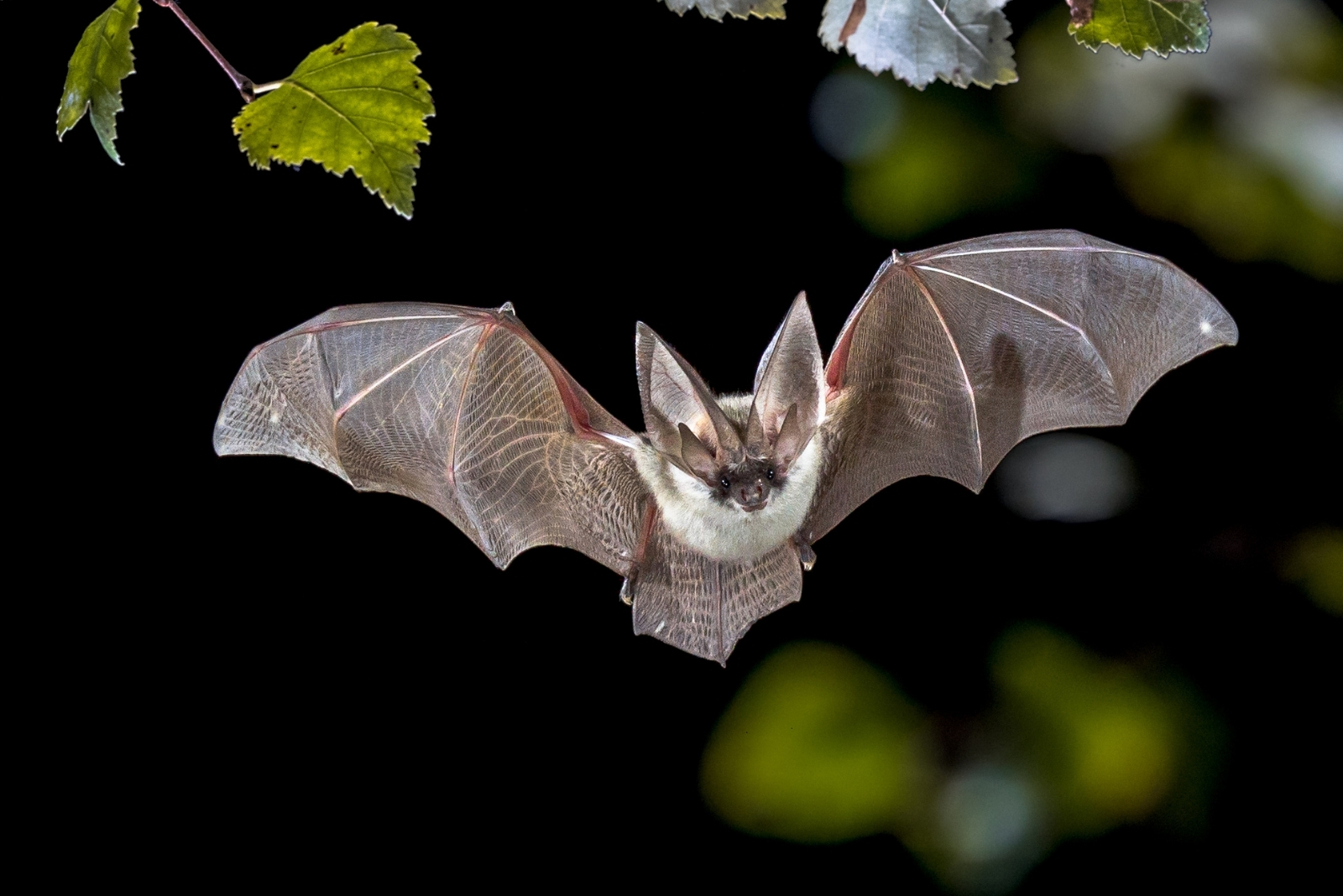
Michigan is home to creatures protected by law that can surprise any gardener. I learned this after an unexpected encounter in my own yard.
These rules keep certain species safe, even if they’re uninvited. Here’s a look at eleven creatures Michigan homeowners can’t legally remove.
1. Bats
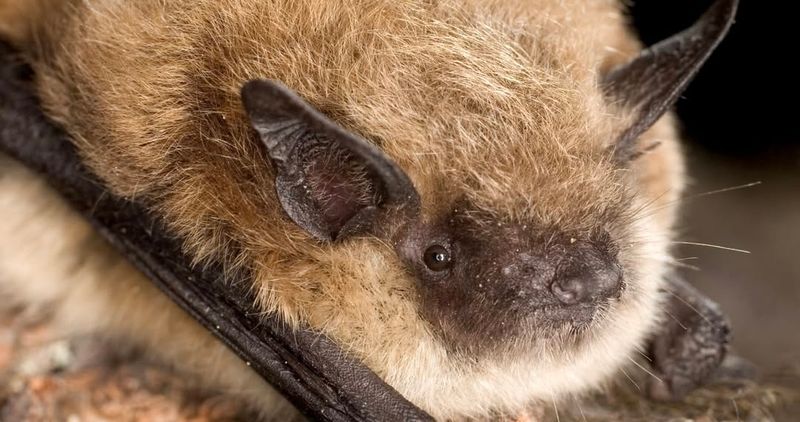
Most bat species in Michigan enjoy legal protection because they eat tons of pesky insects every night. If bats have taken up residence in your home, you cannot simply remove them whenever you want.
State law requires you to wait until late summer or early fall when babies can fly on their own. During breeding season, disturbing a bat colony is completely illegal and can result in serious penalties.
Your best bet is contacting a licensed wildlife professional who knows the proper timing and methods for humane bat exclusion in Michigan.
2. Eastern Box Turtles
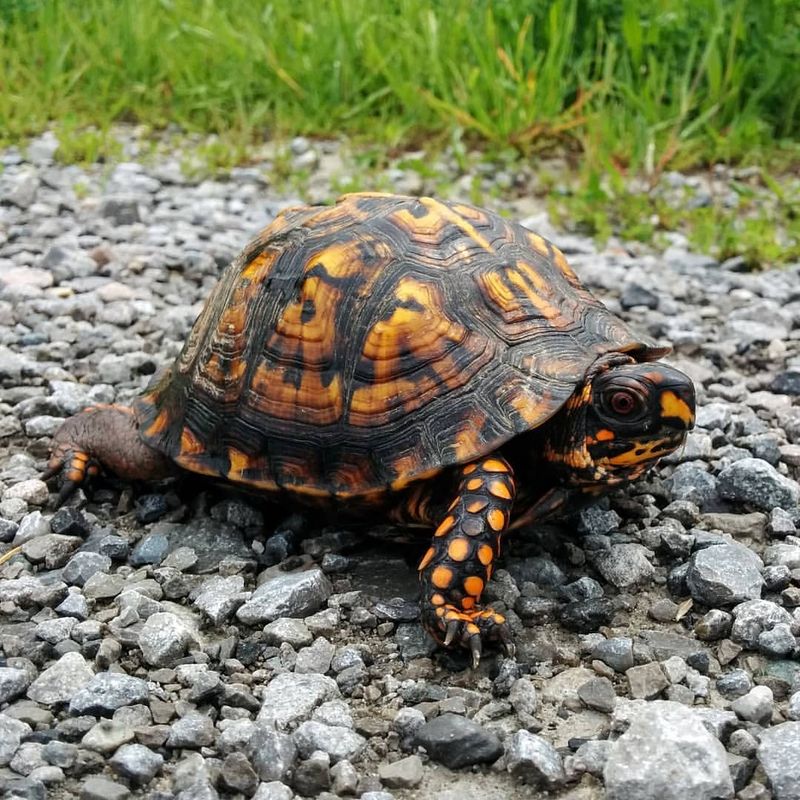
Spotting one of these colorful reptiles in your Michigan yard is actually pretty special since their numbers have been declining. Eastern Box Turtles are a protected species, meaning you cannot capture, relocate, or harm them in any way.
If one wanders into your garden, consider it a good luck charm and let it go about its business eating slugs and insects. Moving them even a short distance can disorient these creatures and prevent them from finding food or shelter.
Just admire from a distance and enjoy having this ancient wanderer visit your property.
3. Chimney Swifts
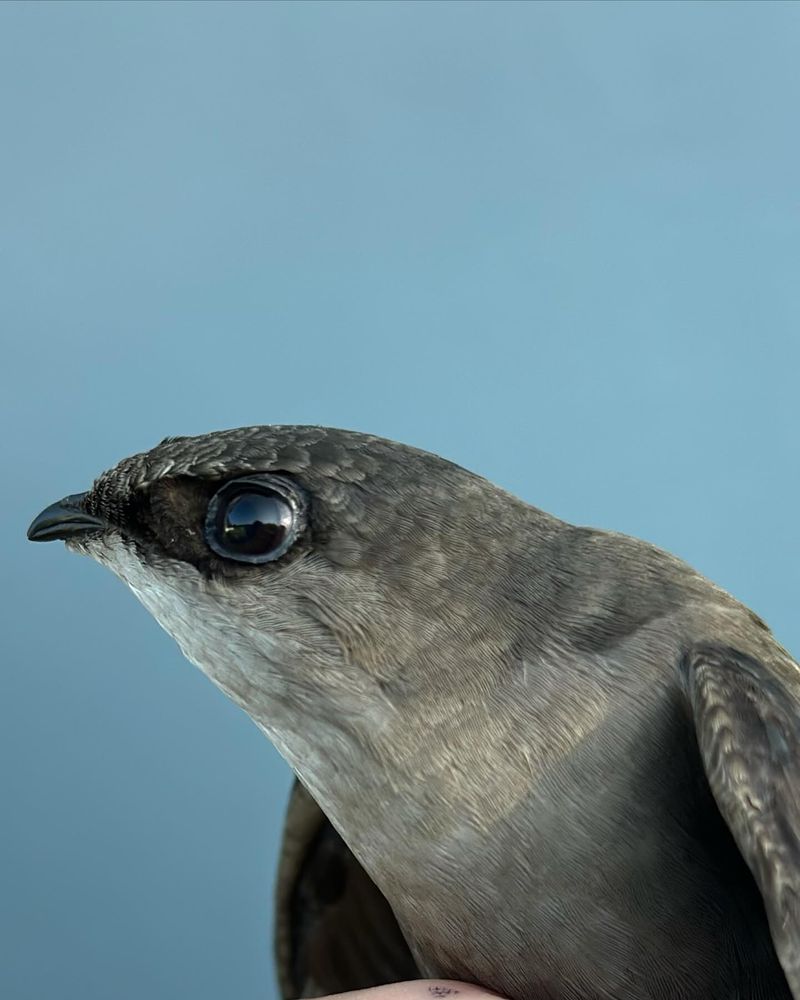
These acrobatic birds have adapted to nesting inside chimneys across Michigan, and federal law protects them under the Migratory Bird Treaty Act. Once Chimney Swifts start building their nest, you must wait until the babies fledge before doing any chimney work.
Their chattering calls might seem annoying at first, but remember they devour thousands of flying insects daily. The nesting period typically lasts only a few weeks during late spring and early summer.
Cap your chimney during winter months in Michigan to prevent future nesting if you prefer not to host these helpful insect hunters.
4. Monarch Butterflies

While not technically illegal to shoo away, harming Monarch butterflies or destroying their milkweed habitat can violate Michigan conservation regulations. These iconic orange-and-black beauties are experiencing population declines, making protection efforts crucial.
If Monarchs are using your garden as a rest stop during migration, you should feel honored rather than annoyed. Their caterpillars only eat milkweed, which many Michigan gardeners now plant specifically to support these travelers.
Encouraging Monarchs benefits your entire garden ecosystem, so embrace their presence and maybe plant more native flowers to help them thrive during their incredible journey.
5. Red-Headed Woodpeckers
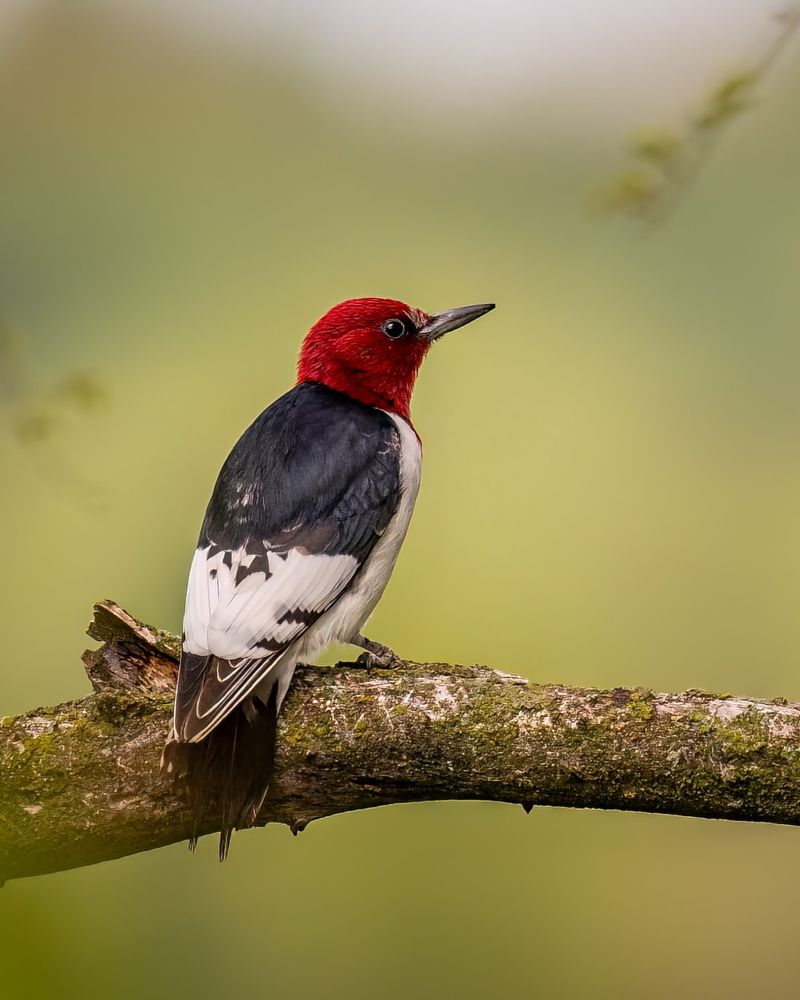
That distinctive rat-a-tat-tat on your Michigan home’s siding might be frustrating, but Red-headed Woodpeckers are federally protected under the Migratory Bird Treaty Act. You cannot harm, trap, or relocate these beautiful birds no matter how much noise they make.
They’re actually looking for insects in your wood or trying to establish territory during breeding season. Instead of fighting them, try hanging reflective tape or providing a suet feeder away from your house.
Michigan residents should appreciate these declining birds and find humane deterrents rather than attempting illegal removal methods that carry hefty fines.
6. Massasauga Rattlesnakes
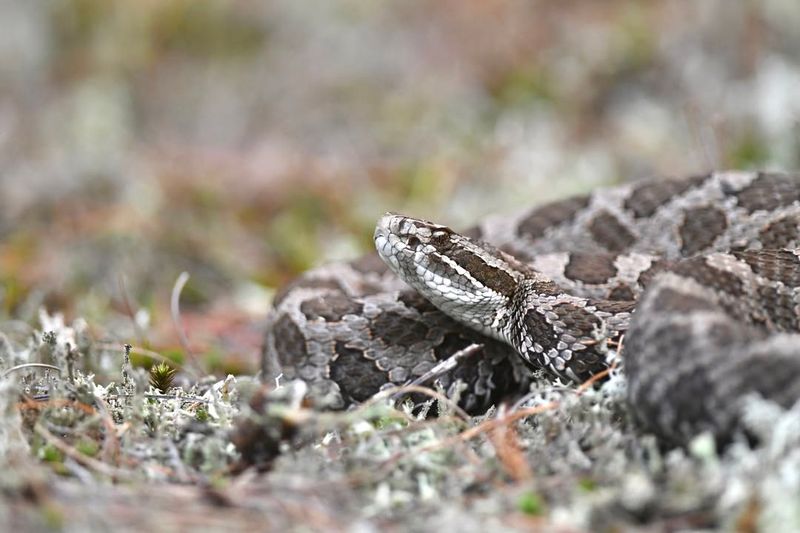
Finding Michigan’s only venomous snake in your yard can be scary, but Massasaugas are federally listed as threatened and fully protected by law. These shy rattlesnakes prefer wetland areas and rarely bite unless accidentally stepped on or handled.
Killing or relocating one is a federal offense with substantial penalties, so your only legal option is leaving it alone. Most will move along on their own within a day or two while hunting for mice and voles.
Keep your distance, watch where you step in Michigan’s marshy areas, and call wildlife officials if one poses an immediate danger near high-traffic zones.
7. Blanding’s Turtles

With their adorable yellow chins and permanent smiles, Blanding’s Turtles might seem like perfect pets, but they’re actually endangered in Michigan. State law strictly prohibits capturing, possessing, or harming these special reptiles in any way whatsoever.
If you spot one crossing your driveway or near your pond, you can gently help it across in the direction it was heading. Never take it home or move it to a different location, as these turtles have strong site fidelity.
Michigan conservation efforts depend on protecting every individual, so simply observe and photograph these rare beauties instead of interfering with their travels.
8. Purple Martins
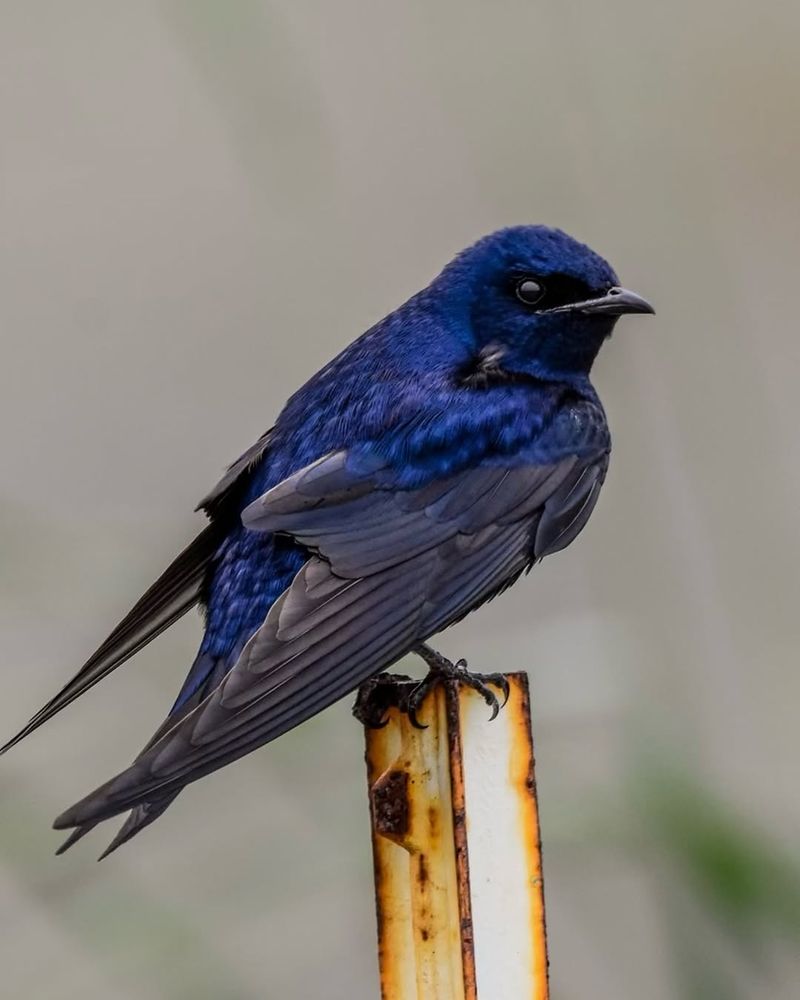
These large, graceful swallows are beloved across Michigan for their appetite for mosquitoes and their pleasant gurgling songs. Purple Martins are protected under federal law, so removing their nests or harming them is illegal and punishable by fines.
Many Michigan homeowners actually put up special martin houses to attract these beneficial birds to their property. Once a colony establishes itself, they often return to the same location year after year.
If you’re not thrilled about hosting them, wait until fall migration when they head to South America, then take down or block the housing to prevent next season’s return.
9. American Kestrels
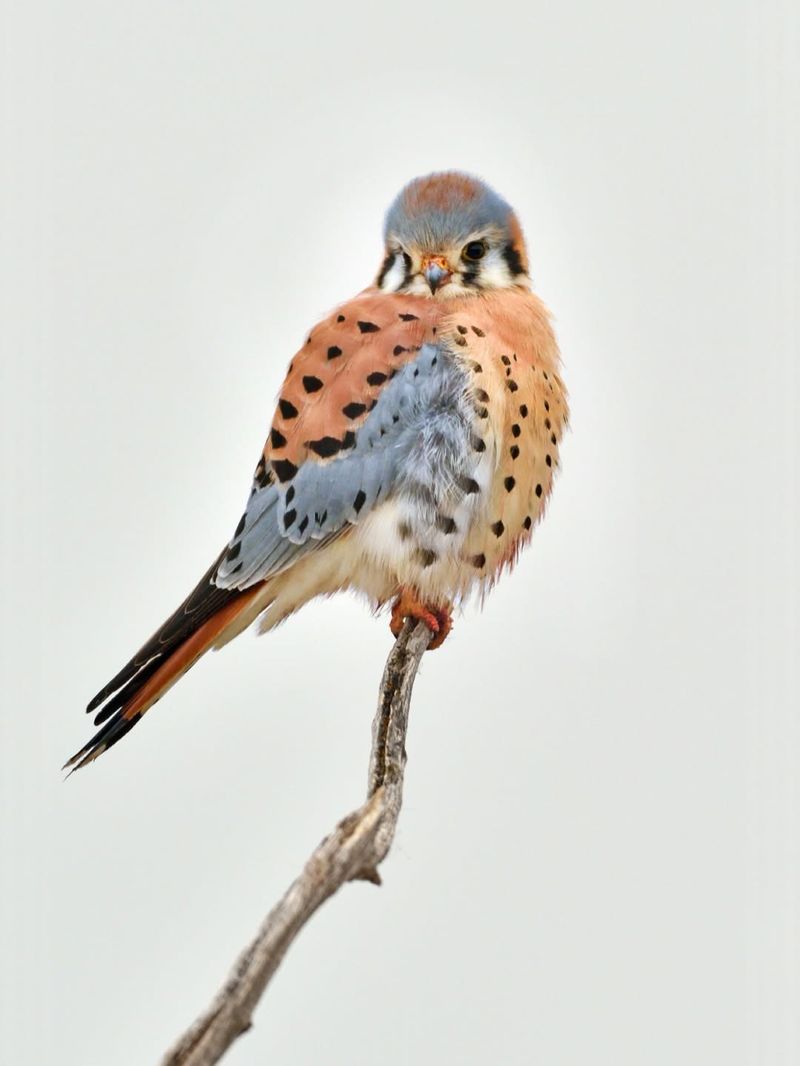
North America’s smallest falcon sometimes nests in tree cavities near Michigan homes and gardens, and they’re fully protected by the Migratory Bird Treaty Act. American Kestrels are actually beneficial neighbors since they hunt mice, voles, large insects, and occasionally small snakes.
Their high-pitched calls and hovering flight patterns make them easy to identify around your property. If one has chosen your yard for nesting, consider yourself lucky to witness these skilled hunters up close.
Never disturb their nest or attempt removal in Michigan, as federal penalties are severe and these beautiful raptors pose no threat to people or pets whatsoever.
10. Little Brown Bats
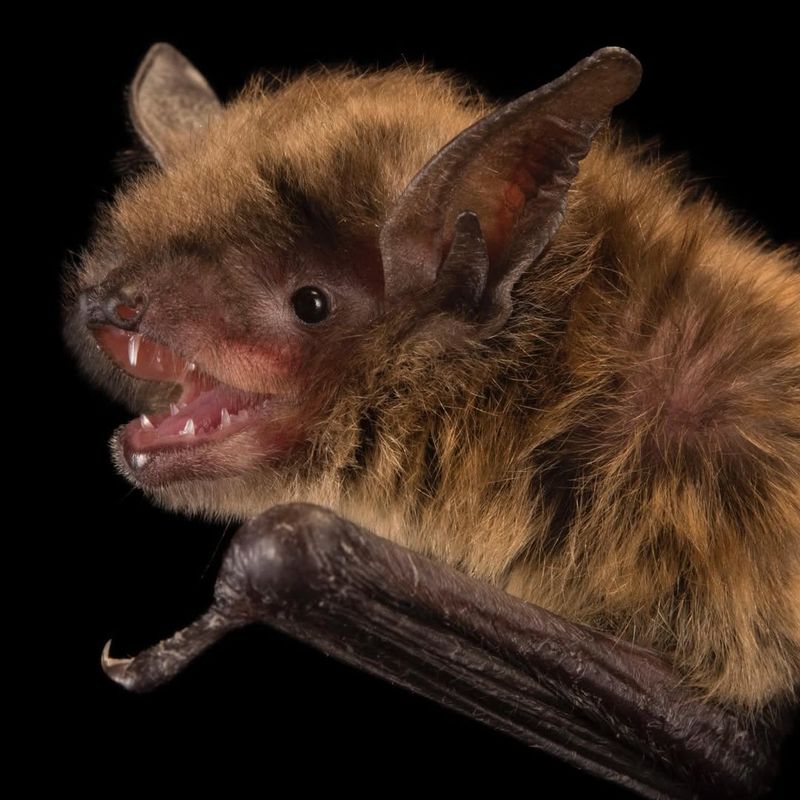
Once extremely common, Little Brown Bats have suffered devastating population losses in Michigan due to white-nose syndrome, earning them protected status. Finding a colony in your attic or barn means you must follow strict regulations for timing and methods of exclusion.
A single bat can eat thousands of mosquitoes each night, making them incredibly valuable for Michigan residents who enjoy summer evenings outdoors. Removal attempts during maternity season can result in abandoned baby bats and significant legal consequences.
Work with certified wildlife experts who understand Michigan’s bat conservation laws and can ensure safe, legal, and humane exclusion when the time is appropriate.
11. Painted Turtles
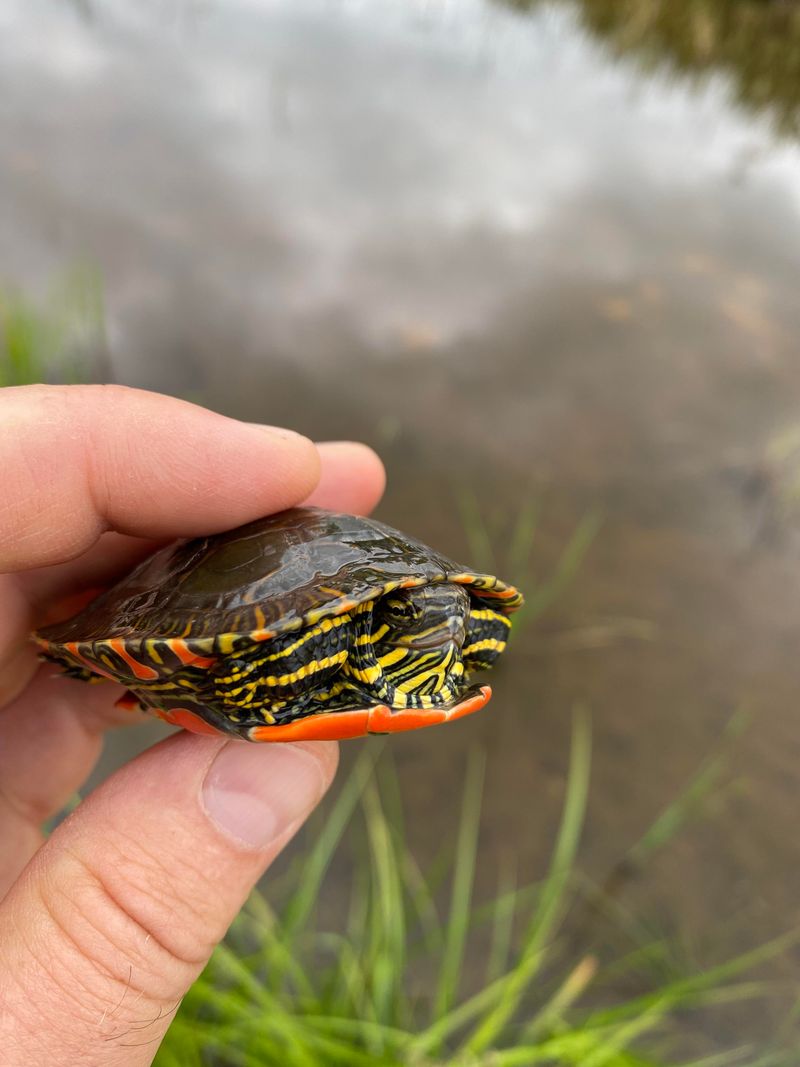
Michigan’s most common turtle species still enjoys legal protection, meaning you cannot collect them from the wild or harm them on your property. Painted Turtles often wander into yards near water bodies, especially during nesting season when females search for sandy soil.
If one appears in your garden, it’s probably just passing through and will leave on its own within hours. These harmless reptiles eat aquatic plants, insects, and small fish, posing zero threat to your landscaping or pets.
Michigan law allows you to gently assist them across roads or driveways in their intended direction, but taking them home is illegal and disrupts their natural behavior patterns.




